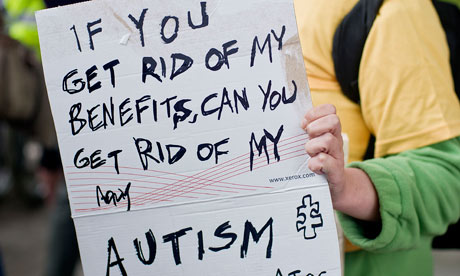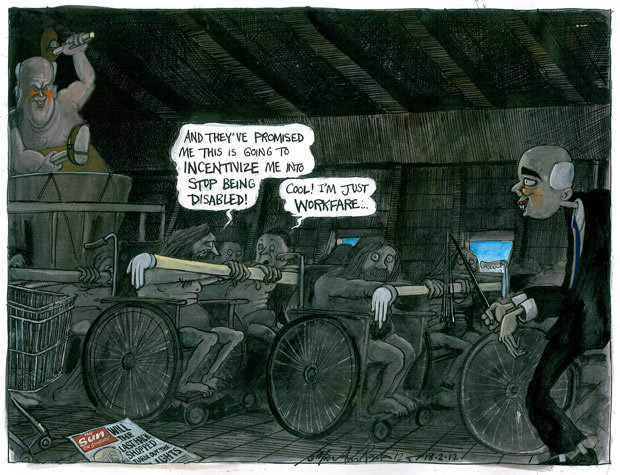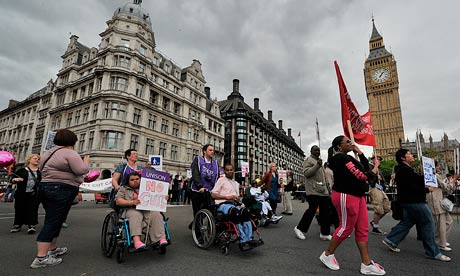It's been a while now since I last posted anything about how my unemployed life was going, and I finally have some good news to share with you guys. CEX (Complete Entertainment Exchange) is opening a store in my local area, and my wife & I applied for positions there.
Sadly I didn't get the job, but Lindsey did!
It's a full time position basically working in a pre-owned/second-hand exchange store.
Lindsey is currently receiving training in a nearby store:
In previous posts I've made mention about Lindsey's Asperger's, and how this can greatly hinder her chances of finding work. Well, to all people with Asperger's or any other form of disability for that matter, check out CEX for the most wonderful and accommodating employers I've ever encountered. Since starting her training at the store, Lindsey has had a couple of panic attacks and had to phone in and say that she couldn't make it to work; their response? "Are you ok? Is there anything you need?"
Needless to say, our minds were blown...the first panic she had, she was so worried that she'd lost the job, but in the few weeks she's been working there, she's made friends and she's even now being considered for Supervisor Training (CEX try their best to only promote internally, so all Supervisors and Managers that work in their stores have had experience as Sales Assistants in the past).
This is the break the both of us needed, as I can now apply for literally any job going (and I have done, in the past few weeks I've applied for cleaning positions, Library jobs, receptionist jobs, etc). As long as the position is more than 10 hours per week, I can do it.
The next couple of months are going to be hard, for some very stupid reason her first paycheck will be almost completely taxed because she's been out of work for so long. She can claim it back, but that'll be a while, so the next few months we're going to have to cut back on a lot of expenses (and, would you know it, just as this has all happened our TV has died...so we're shit out of luck there).
In the mean time (here's all the rubbish and bad news), while also looking for work, I've been having to contact the JobCentre and Council about changes in circumstances that will affect our claim.
The JobCentre is run by the Department for Work and Pensions, these are the guys everybody has to go through to make any sort of benefits claims (whether it be Jobseeker's Allowance, Disability Living Allowance, etc).
According to Wikipedia:
The agency provides services primarily to those attempting to relocate an employer and to those requiring the issuing of a financial provision due to in the first case lack of employment, of an allowance to assist with the living costs and expenditure intrinsic to the effort to achieve employment, or in all other cases the provision of social-security benefit as the result of a person without an income from employment due to illness-incapacity including illicit drug addiction. The organisation acts from within the government's agenda for community and social welfare.Now, I don't think anybody is ever going to deny that they do their job. The Jobcentre still does what it was designed to do. The big problem is the way it all works.
To make a claim in the first place is relatively easy, you go in to the centre, or phone them up, and they'll sort out a few forms to fill in with your details and bingo, you have a bit of financial help. But now you're in the benefits trap.
In the past 4 days, I have had to make 4 phonecalls to their service (often waiting in a queue for 15-20 minutes at a time), 1 trip up to the physical centre, and 1 trip to the local Council Offices, all so I can inform the right people about the change in circumstances so the claim can be stopped. In the mean time, none of the correct services are completely in contact with eachother, so at any moment one or another may completely screw something up and leave the wife & I in an even worse position than we were in before she got her job.
Needless to say, I find this quite backwards (surely, in my opinion at least, it should be far easier and more supportive to cancel a claim than to make one?), but it's all we can do really.
As it stands, for the next few months we will be quite poor and will have financial difficulties along the way, but by the end of it all I will hopefully have (at the very least) a part time job to top up our income, and we will finally be able to work towards our future goals.
Once again, all I can say is thank you to CEX for being one of the best employers I have ever encountered, a thank you to the few people at the JobCentre that have been genuinely helpful in this whole process, and a big fuck you to those at the JobCentre that decided to hang up on me halfway through a conversation for no reason whatsoever.
Have a good day.



























